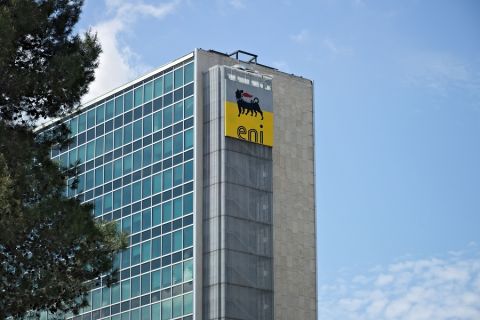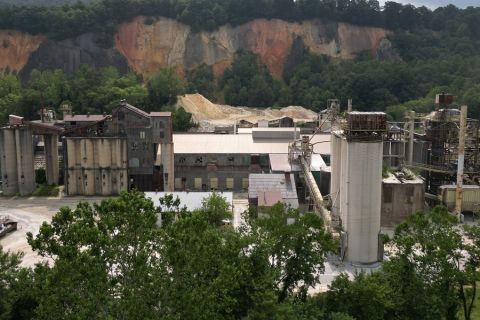Dover Corp. (NYSE: DOV) said Dec. 7 it plans to spin off its upstream energy businesses into a new publicly traded company, nearly two months after activist investor Daniel Loeb urged the industrial equipment maker to separate its energy business.
Loeb's hedge fund Third Point, which bought a stake in Dover during the third quarter, said in October that the company's shares underperformed the industrial peer group due to a significant earnings decline in its energy business.
Third Point owned 1.06% of Dover's outstanding shares as of Sept. 30, according to Thomson Reuters data.
The upstream energy businesses, collectively called Wellsite, make production equipment and diamond cutters used in oil and gas exploration.
The company's energy business has struggled as E&Ps scale back projects amid a slide in global oil prices.
Wellsite is expected to generate about $1 billion in annual revenue and EBITDA of about $250 million on a pro forma basis in 2017.
The spin-off will be tax-free to Dover shareholders and allow the company to focus on growing its other three businesses—engineered systems, fluid management, and refrigeration and food equipment.
The three businesses make products including precision marking and coding equipment used for fast-moving consumer goods, pumps and compressors used for fluids transfer, and kitchen ventilation systems and beverage can-making machinery.
Wellsite is expected to raise $700 million to $800 million of debt, which will be paid to Dover in the form of a dividend.
Dover said it expects share repurchases of $1 billion in 2018, including the use of cash from the Wellsite dividend.
Sivasankaran Somasundaram, CEO of the Dover Energy segment, will head Wellsite upon completion of the spin off by the second quarter of 2018.
Dover said it expects to record $60 million to $65 million in restructuring costs, mainly in the fourth quarter. The costs include headcount reductions and facility closures.
Dover said in September it was exploring strategic alternatives, including a sale, for its upstream energy unit, and in the next month the company had estimated restructuring costs of $40 million to $45 million.
The restructuring actions are expected to result in benefits of about $50 million in 2018, the company said, up from $40 million estimated earlier.
Up to close on Dec. 7, Dover's shares had risen 29% this year, compared with a 32.1% increase in the Dow Jones U.S. Industrial Engineering index.
Recommended Reading
Ithaca Deal ‘Ticks All the Boxes,’ Eni’s CFO Says
2024-04-26 - Eni’s deal to acquire Ithaca Energy marks a “strategic move to significantly strengthen its presence” on the U.K. Continental Shelf and “ticks all of the boxes” for the Italian energy company.
Apollo to Buy, Take Private U.S. Silica in $1.85B Deal
2024-04-26 - Apollo will purchase U.S. Silica Holdings at a time when service companies are responding to rampant E&P consolidation by conducting their own M&A.
Deep Well Services, CNX Launch JV AutoSep Technologies
2024-04-25 - AutoSep Technologies, a joint venture between Deep Well Services and CNX Resources, will provide automated conventional flowback operations to the oil and gas industry.
EQT Sees Clear Path to $5B in Potential Divestments
2024-04-24 - EQT Corp. executives said that an April deal with Equinor has been a catalyst for talks with potential buyers as the company looks to shed debt for its Equitrans Midstream acquisition.
Matador Hoards Dry Powder for Potential M&A, Adds Delaware Acreage
2024-04-24 - Delaware-focused E&P Matador Resources is growing oil production, expanding midstream capacity, keeping debt low and hunting for M&A opportunities.





